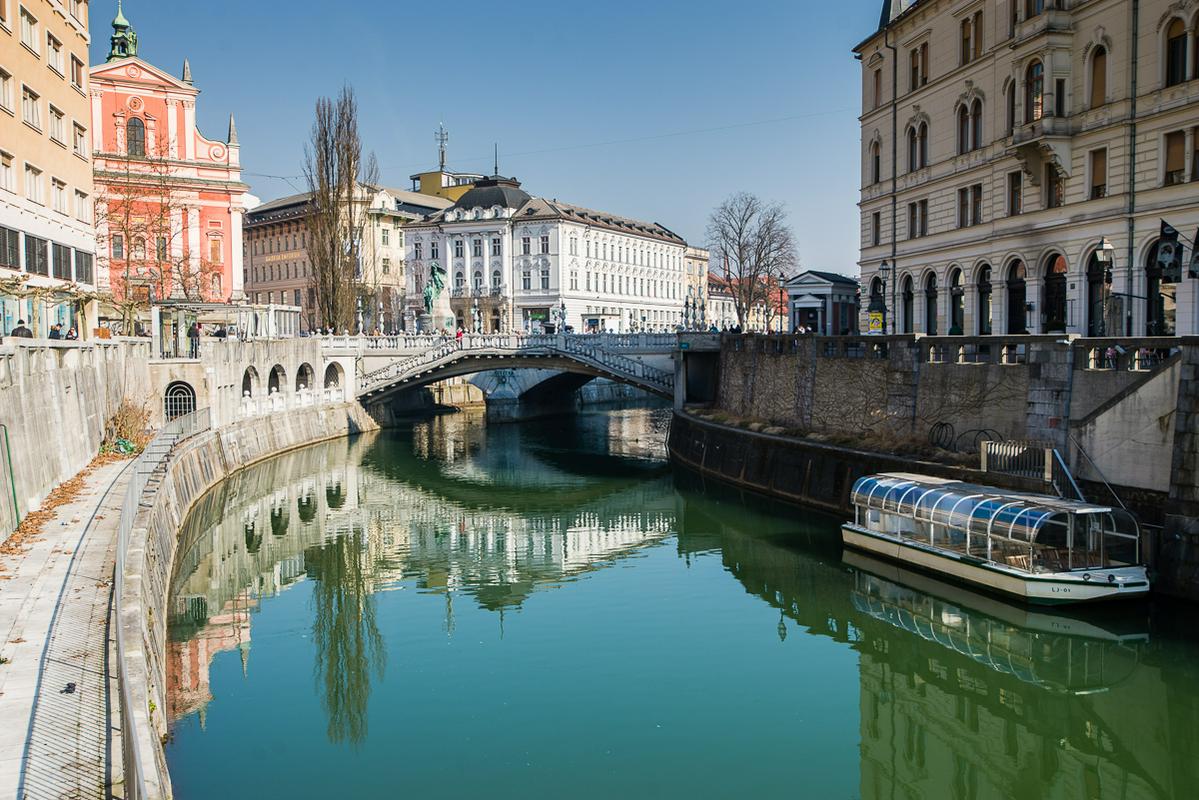Tourism in the Slovenian capital has experienced a rebirth in the past few years. A few quick figures published by Ljubljana Tourism, a public institute: In 2014, a total of 562,213 visitors accounted for more than one million overnight stays, accommodation was provided in 4,022 bedrooms with 9.597 bed-spaces, and the average length of stay was 1.8 days.
Judging by the first three months of the year, Ljubljana is expected to see a 15 percent increase in overnight stays in 2015. However, does the city have the capacity to meet the increased demand for accommodation?
According to local hoteliers, this should not a problem. The city is only faced with accommodation shortages when big events (e.g. international congresses, sporting events and conferences) are on, but also during high season when some hotels have to turn away walk-in guests. According to Vasja Vavpetič, director of the Bit Center Hotel, this is nothing out of the ordinary in the hospitality industry. “Show me a hotel that isn’t fully booked on holidays or when big events are on, and I’ll show you a hotel that won’t last long,” said Vavpetič.
Ahotel’s Luka Jeglič agrees that Ljubljana has enough accommodation options. He believes that only disorganized event organizers tend to complain about insufficient accommodation offered by hotels. “And then rumours begin popping up that being a hotelier is all peaches and cream,” said Jeglič.
He pointed out that there were fewer visitors in Ljubljana ten years ago, but there were also fewer accommodation options. “In 2008, when we our hotel opened, there were 28 properties available on bookings.com. Today, there are more than 200,” said Jeglič, adding that a number of properties pay no taxes and face no regulation. Vavpotič agrees, adding that during low season, properties listed on such websites often engage in predatory pricing. Thanks to portals like Air B'n'B, supply is also surpassing demand, according to the Park Hotel.


































































